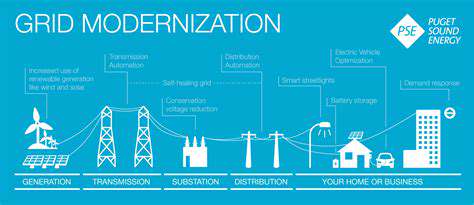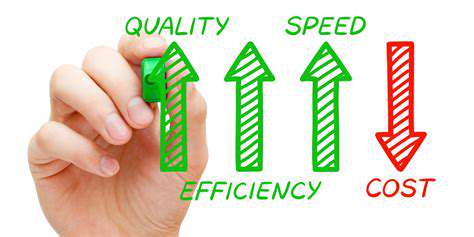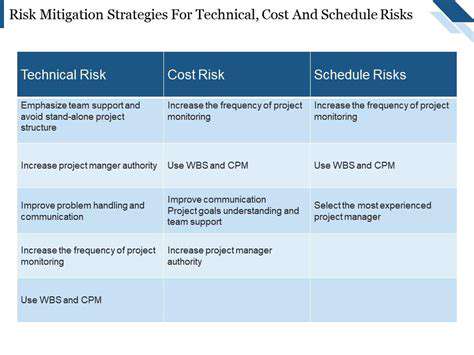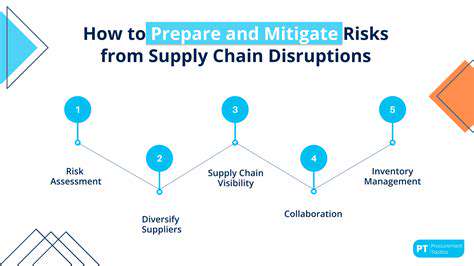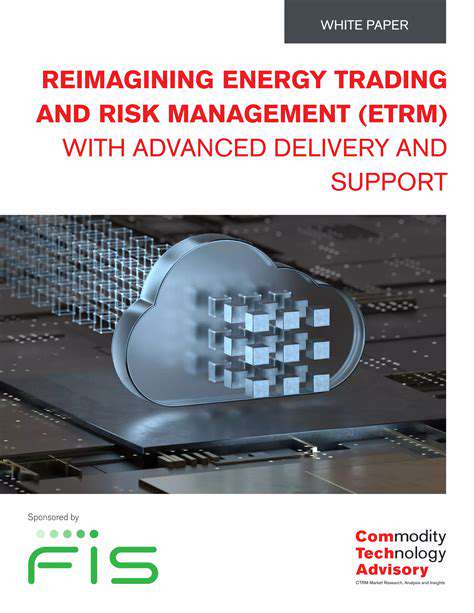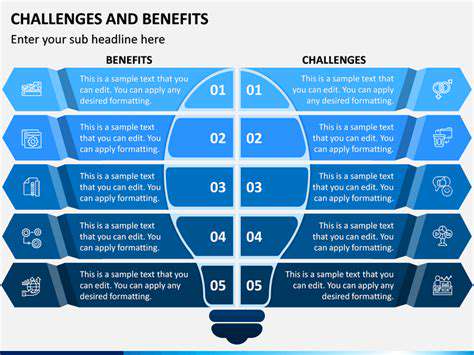Buy, Lease, or PPA? Comparing Rooftop Solar Financing Options
Power Purchase Agreements (PPAs): A Flexible Approach
Understanding Power Purchase Agreements
Power Purchase Agreements (PPAs) present a distinct alternative to conventional energy procurement. Rather than owning or leasing generation equipment, businesses or individuals contract to purchase electricity from third-party providers, often renewable energy sources. This structured approach offers flexibility in managing energy expenses, frequently incorporating fixed pricing guarantees for specified periods. Such arrangements simplify financial planning and prove particularly valuable for organizations seeking to reduce environmental impact while potentially lowering energy costs.
PPAs typically involve long-term contracts spanning multiple years, providing energy supply stability and predictable expenses. This predictability facilitates improved budgeting and long-term planning, enabling better resource allocation. Businesses can utilize PPAs to hedge against energy price volatility, ensuring consistent costs throughout the contract duration. This stability proves especially attractive for energy-intensive industries.
Key Advantages and Considerations of PPAs
PPAs offer significant potential for cost reduction by insulating businesses from energy market fluctuations. Fixed-price agreements minimize exposure to unexpected price increases. Additionally, PPAs often incorporate tax credits or government subsidies that can further decrease electricity expenses, benefiting organizations focused on budget management.
However, PPAs require careful consideration. Negotiation and establishment often involve substantial legal and administrative costs. Thorough understanding of contract terms including duration, pricing structures, and termination clauses is essential. Professional legal review before signing ensures alignment with business objectives. Organizations must carefully assess financial implications and potential risks, including energy market changes and provider reliability.
PPAs also serve as strategic tools for enhancing sustainability profiles. Renewable energy partnerships enable carbon footprint reduction and demonstrate environmental commitment, appealing to eco-conscious stakeholders. Moreover, PPAs provide access to renewable energy sources that might otherwise be unavailable or cost-prohibitive, particularly in regions with developing renewable infrastructure.
Comprehensive evaluation of terms and conditions, coupled with thorough due diligence, maximizes benefits while minimizing PPA-related risks. Organizations should carefully compare long-term savings potential against possible drawbacks, ensuring alignment with current and future energy requirements.
Factors to Consider When Choosing

Budget Constraints
Financial limitations represent a primary consideration in product selection. Clear understanding of budgetary boundaries prevents overspending and ensures purchases align with available resources. Investigating various price points and features facilitates informed decisions that respect financial constraints. This process enables prioritization of essential features, maximizing value.
Establishing realistic budgets beforehand prevents post-purchase regret and focuses attention on products offering optimal value. Well-defined financial parameters establish clear expectations and discourage impulsive buying decisions.
Product Features and Functionality
Thorough evaluation of product characteristics ensures alignment with specific requirements. Understanding intended applications and necessary capabilities is fundamental to appropriate product selection. Consideration of how products will integrate into existing systems or workflows is equally important. Feature analysis enables identification of products best suited to particular needs.
Comparative analysis of products based on specifications and functionality supports informed choices. Detailed research into product specifications and comparison against requirements helps avoid unsuitable purchases. This step proves crucial for ensuring selected products effectively meet specific needs.
User Reviews and Testimonials
Reviewing feedback from previous purchasers offers valuable insights into product performance. Customer experiences reveal practical strengths and weaknesses often absent from product descriptions, providing critical decision-making information. This social proof helps identify potential issues and ensures products meet expectations.
Analysis of user feedback helps identify recurring problems or limitations. Objective evaluations provide comprehensive perspectives, assisting in determination of product suitability. Attention to common themes in multiple reviews offers understanding of product performance across various applications.
Customer Support and Warranty
Evaluation of vendor support services and warranty terms ensures satisfactory ownership experiences. Reliable customer assistance proves valuable when issues arise, representing an important purchase consideration. Clear comprehension of warranty coverage establishes expectations regarding malfunction resolution.
Accessible support services enable prompt issue resolution. Comprehensive warranty policies provide reassurance, reducing concerns about potential product failures or unexpected complications.
Availability and Shipping
Assessment of product availability and delivery options prevents delays and ensures timely receipt. Consideration of inventory levels, shipping expenses, and estimated delivery times facilitates proper planning. Understanding expected delivery schedules enables appropriate schedule adjustments.
Selection of vendors with dependable shipping services minimizes delivery delay risks. Evaluation of estimated delivery periods represents a critical decision-making component, helping prevent scheduling disruptions. Understanding shipping costs and options allows incorporation of these expenses into overall budgets.

